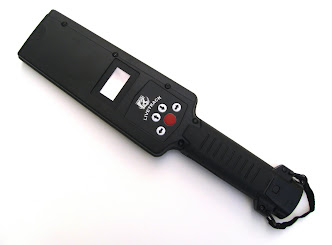AVMA Supports National Animal Disease Traceability Program
The American Veterinary Medical Association (AVMA) applauds the release of the USDA-Animal Plant Health Inspection Service (APHIS) proposed rule on animal disease traceability and affirms its support for a collaborative, transparent, and flexible rule for establishing traceability to protect the health of our nation's animal herds and flocks.
The proposed rule states that equines would need to be identified by one of the following methods:
- "A description sufficient to identify the individual equine, as determined by a State or Tribal animal health official in the State or Tribe of destination, or APHIS representative, including, but not limited to, name, age, breed, color, gender, distinctive markings, and unique and permanent forms of identification when present (e.g., brands, tattoos, scars, cowlicks, or blemishes)";
- Electronic identification (i.e., microchipping);
- Digital photographs of the equine sufficient to identify the individual equine, as determined by a State or Tribal animal health official in the State or Tribe of destination, or APHIS representative; or
- For equines being transported commercially for slaughter, a USDA backtag.
"While the rule has yet to be finalized, the AVMA will continue to be an active voice for veterinarians and will work with the USDA to ensure that the final rule provides for an effective animal disease traceability system while minimizing the burden on those responsible for its implementation," DeHaven says.
For more information, please visit www.avma.org. Read more...







